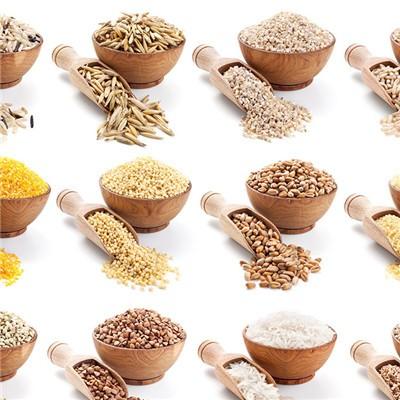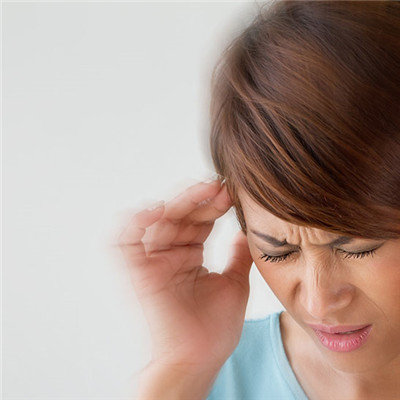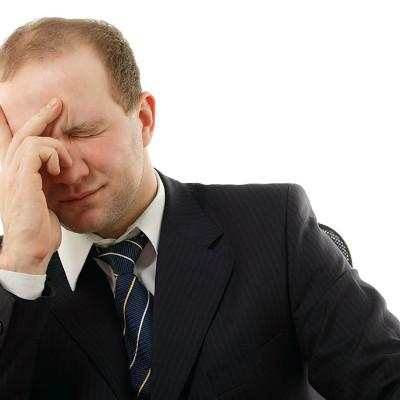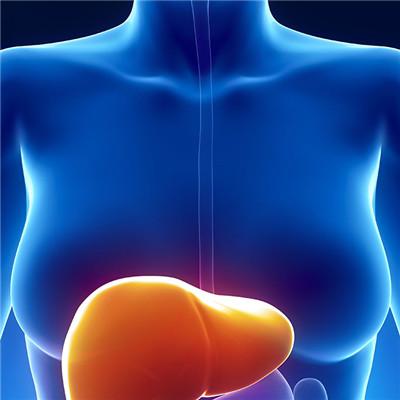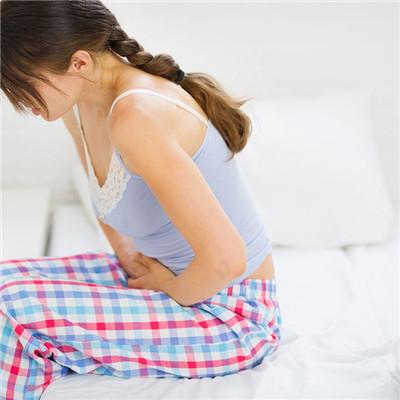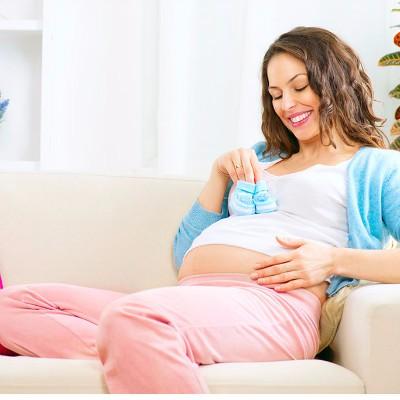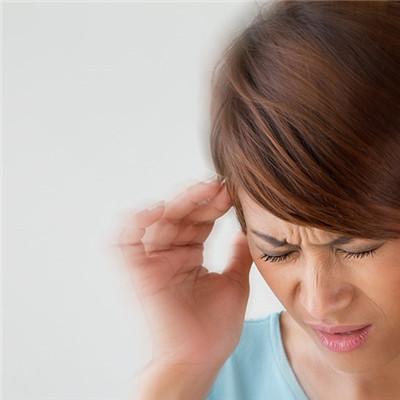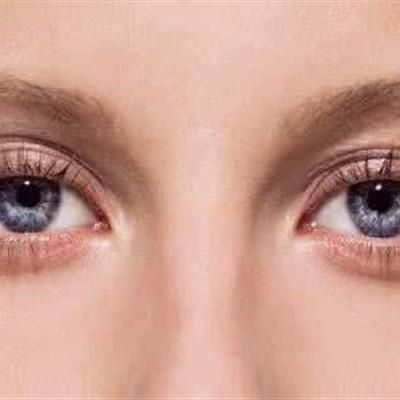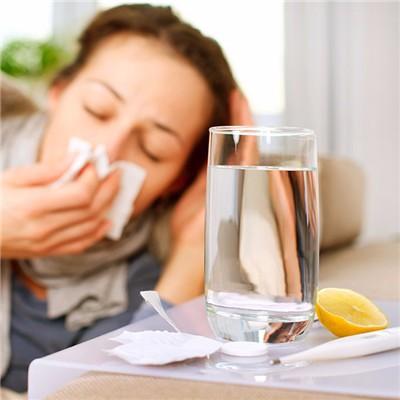Diet after operation of gastric polyps under gastroscope
summary
Benign gastric polyps are common and localized lesions. Some patients may have upper abdominal discomfort, dull pain, heartburn, acid regurgitation, nausea, no appetite, chronic diarrhea, etc. The pathological types of gastric polyps are inflammatory polyps, proliferative polyps and adenomatous polyps. The canceration rate of adenomatous polyps is high, so if polyps are found clinically, biopsy should be done first to determine the type of polyps. If it is adenomatous polyps, endoscopic polypectomy is preferred. So what should be paid attention to in the diet after polypectomy?
Diet after operation of gastric polyps under gastroscope
1: After the operation, fasting, intestinal peristalsis and anal exhaust were restored. After the gastric tube was removed, a small amount of water could be drunk on the same day, 4-5 tbsp each time, once every 2 hours. If there is no discomfort, the next day can be given an appropriate amount of clear liquid diet, 50ml ~ 80ml / time.
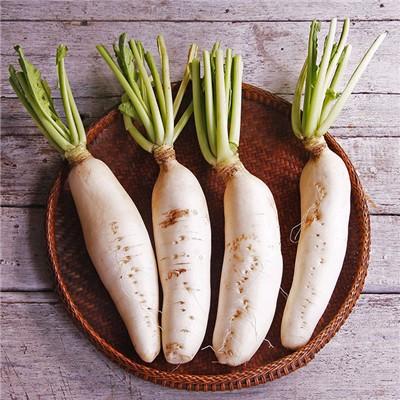
2: On the third day, 100-150ml liquid was given. Six to seven meals a day. The principle of diet is: the food is non irritant, liquid, eat less and more meals, eat once every 2-3 hours, should choose not flatulent, but sweet food, such as egg soup, rice soup, vegetable soup, lotus root powder, etc. After a meal, you should lie on your back for 20-30 minutes. If the postoperative recovery is normal, two weeks after the operation can eat low-fat semi liquid diet, such as porridge, noodles, wonton, etc., 5-6 meals a day, diet principle: semi liquid, its protein content reaches the normal demand, fiber content is very little, a small number of meals.
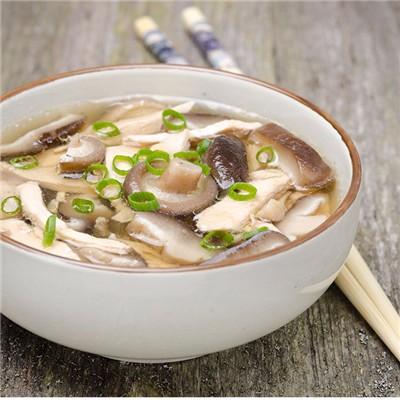
3: Patients can eat soft food after discharge. The patients should chew slowly, eat more fresh fruits and vegetables, do not eat high-fat food, pickled products, supplement iron and vitamins, avoid smoking and alcohol, and have regular diet. After 3-6 months, they can gradually return to normal diet according to their physical conditions.
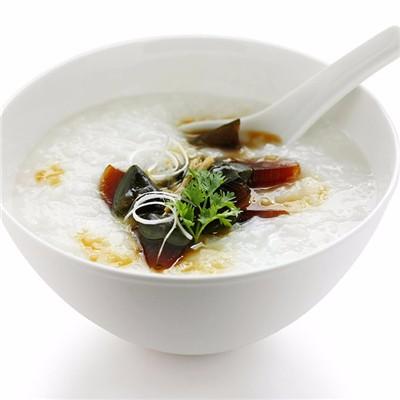
matters needing attention
The patients' diet should be based on the principle of low residue, mild and easy digestion. They should eat less and more meals, and avoid too sweet, too salty and too thick diet. If they have nausea, abdominal distension and other symptoms after eating, they should stop eating. Starting from the most digestible food, we will adopt a gradual approach, that is, from thin to thick, from liquid to soft to solid, so that the stomach will gradually get used to digesting food. Usually, a liquid diet such as thick soup, half cooked eggs, meat floss, fish floss, steamed eggs or stewed fish and porridge can be given from the 10th day after operation. After discharge can try to eat soft food, about one month after surgery can achieve the diet like ordinary people.
